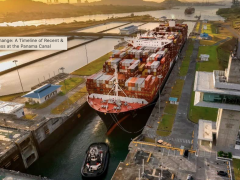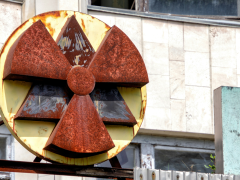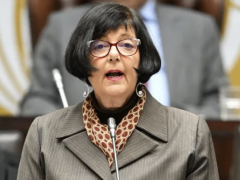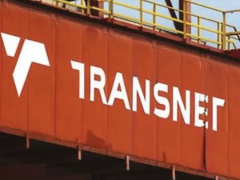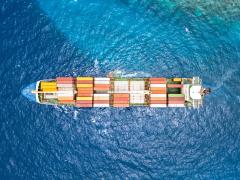For specialist operator Marimed, which this week celebrates its 25th anniversary on the SA route, it’s been a quarter of a decade of ups and downs, moving 1m tons of cargo in the good years and half of that when commodities slump. “Our activity is a consequence of the world economy,” says managing director Mike Katz. “We generally do 30-40 ships per annum, all chartered between ourselves and MUR with whom we have a joint venture agreement. “We achieved 1m tons three years ago. This declined to 800 000t in 2007 and was down to 500 000t last year. “We’ve tended to average 700 000t over the years and will have to see how it develops this year.” The line currently operates one or two vessels a month to the Mediterranean and one a month to West Africa, and that’s the likely service pattern for the year ahead. While Marimed initially operated smaller vessels of around 17 000t more frequently, it now tends to operate larger vessels – in 2008 it deployed a 50 000 tonner – which translates into lower freight rates. “When the market is strong smaller vessels become cheaper, and vice versa when the market is poor. At the moment bigger ships are cheaper and that will inform our decisions.” Commenting on the current economic crunch, Katz believes it was inevitable. “In 2008 rates sky-rocketed in every area including shipping – they reached ridiculous heights and something was bound to snap. Once the banking systems start working again, commodities will improve and shipping will follow.” While the demand for granite has dropped slightly, steel to West Africa is picking up, according to Marimed’s Suzette Menge. “But we don’t expect to see anything dramatic this year compared to last.” For Marimed, along with the rest of the industry, the challenge will be to balance the demands of the market in uncertain times. “Rates have dropped significantly – by 50% in some cases – compared to August last year but in recent months there has already been an increase,” says Katz. “We believe there will be a continued slow increase – and while the charter market dropped by 80-85% last year, that has also recovered slightly.”



